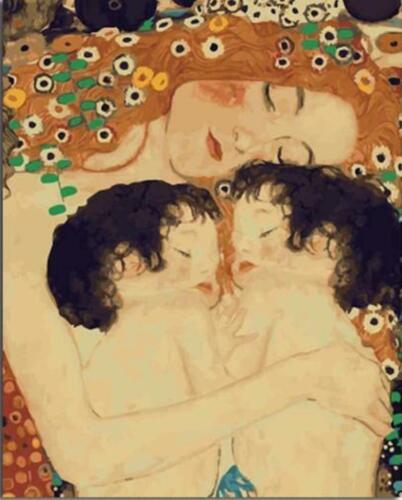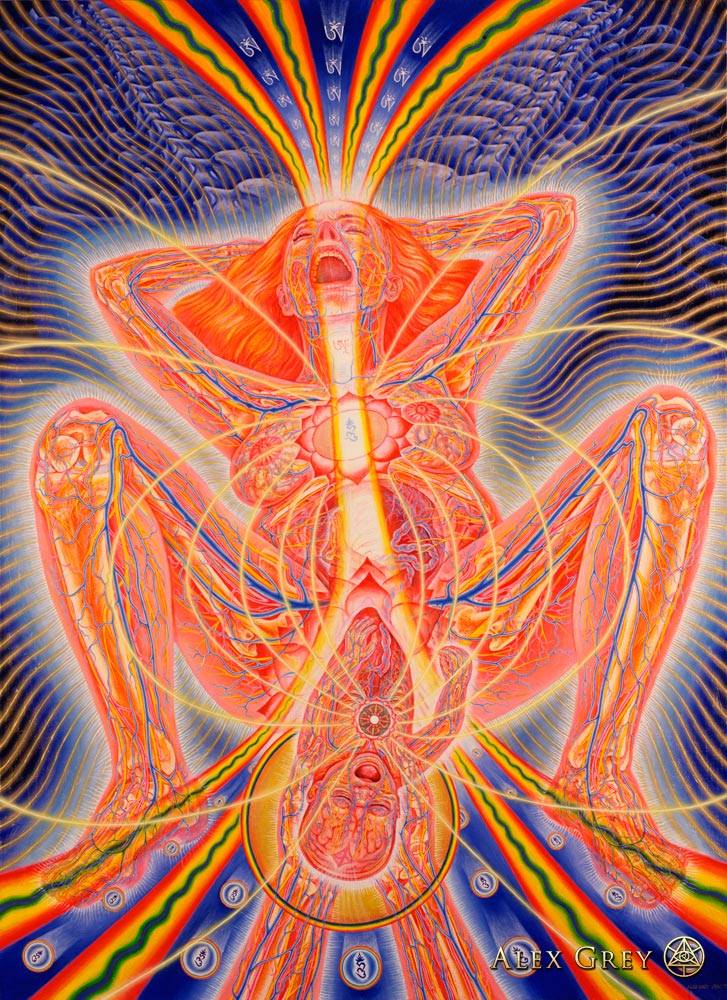Blog
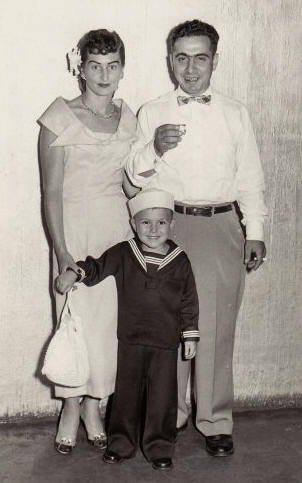
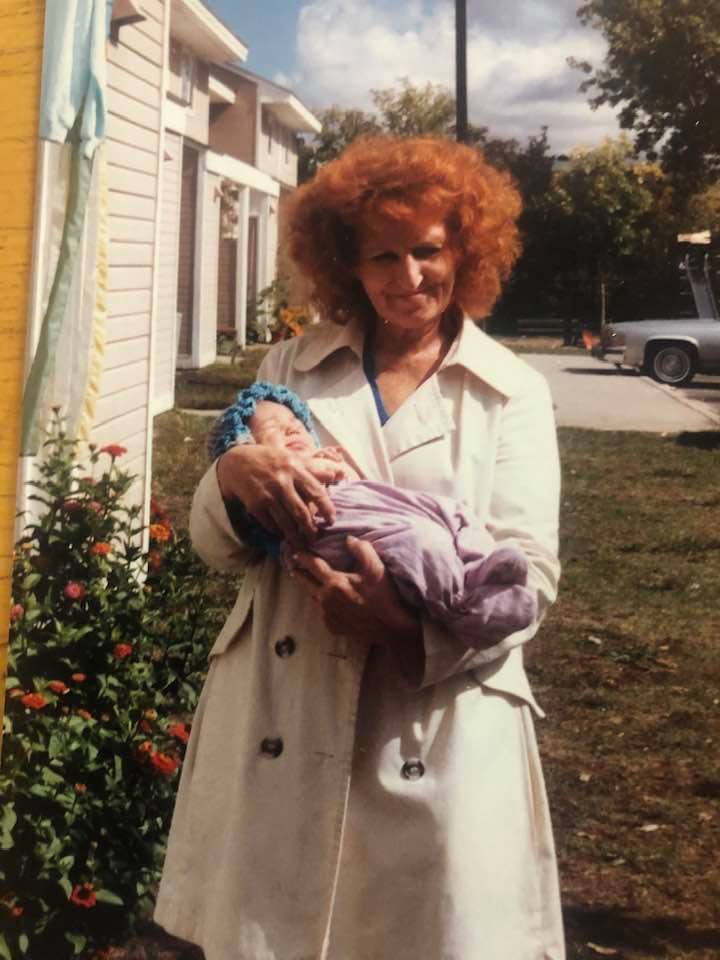
The Heart Nebula (also known as the Running Dog Nebula, Sharpless 2-190) is an emission nebula, 7,500 light-years (2,300 pc) away from Earth and located in the Perseus Arm of the Galaxy in the constellation Cassiopeia. It was discovered by William Herschel on 3 November 1787. It displays glowing ionized hydrogengas and darker dust lanes.
The brightest part of the nebula (a knot at its western edge) is separately classified as NGC 896, because it was the first part of the nebula to be discovered. The nebula’s intense red output and its morphology are driven by the radiation emanating from a small group of hot stars near the nebula’s center. This open cluster of stars, known as Collinder 26, Melotte 15, or IC 1805, contains a few bright stars nearly 50 times the mass of the Sun, and many more dim stars that are only a fraction of the Solar mass.
The Heart Nebula is also made up of ionised oxygen and sulfur gasses, which are responsible for the rich blue and orange colours seen in narrowband images. The nebula also spans almost 2 degrees in the sky, covering an area four times that of the diameter of the full moon.
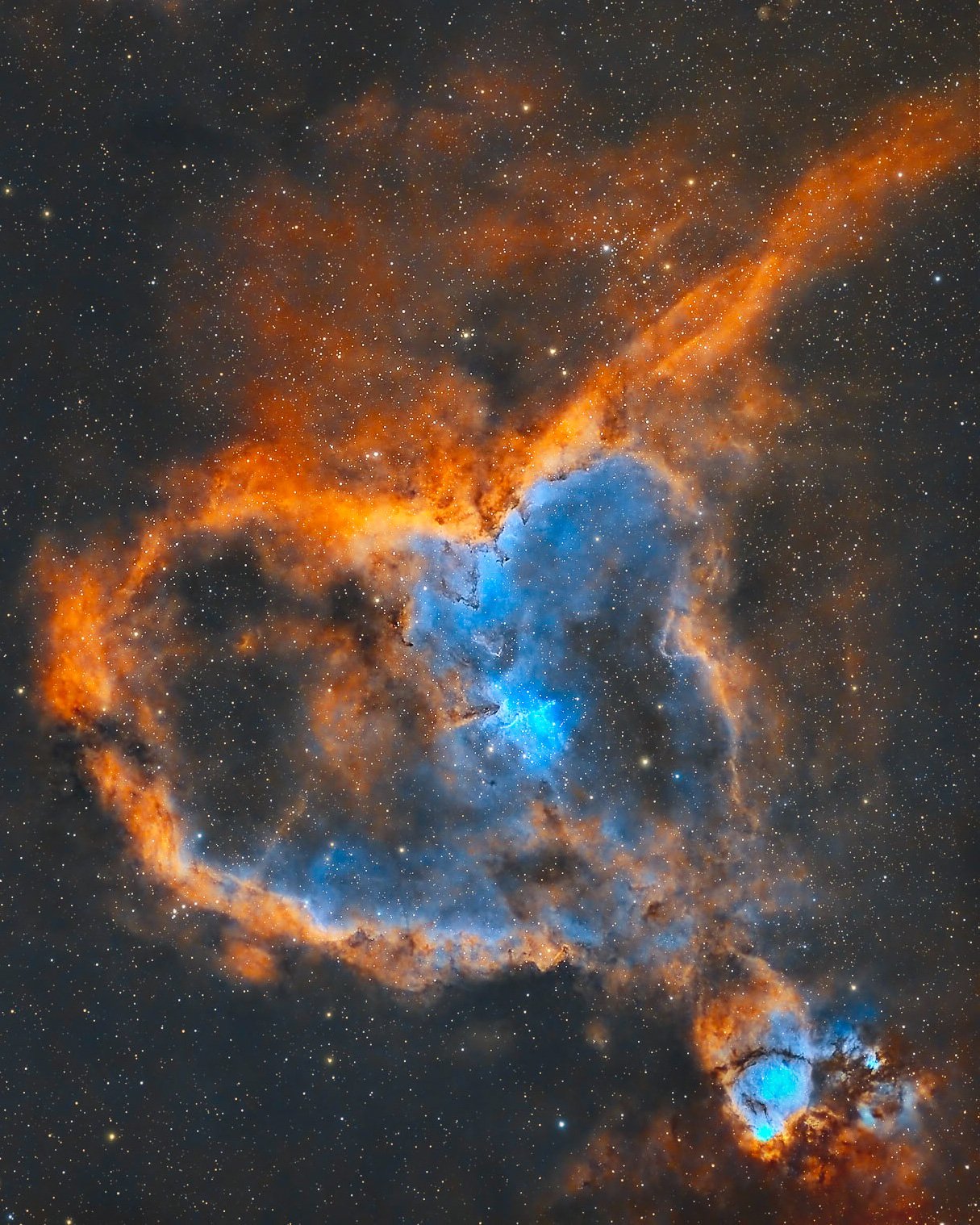
Eric Victor Burdon (born 11 May 1941) is an English singer and songwriter. He was previously the lead vocalist of the R&B and rock band The Animals and the funk band War. He is regarded as one of the British Invasion‘s most distinctive singers with his deep, powerful blues-rock voice. Burdon is also known for his intense stage performances.
In 2008, he was ranked 57th in Rolling Stone‘s list of “The 100 Greatest Singers of All Time”.
more...Irving Berlin (born Israel Isidore Beilin; May 11, 1888 – September 22, 1989) was a Russian-born American composer and songwriter. His music forms a large part of the Great American Songbook. Berlin received numerous honors including an Academy Award, a Grammy Award, and a Tony Award. He also received the Presidential Medal of Freedom from President Gerald R. Ford in 1977. Broadcast journalist Walter Cronkitestated he “helped write the story of this country, capturing the best of who we are and the dreams that shape our lives”.
Born in Imperial Russia, Berlin arrived in the United States at the age of five. His family left Russia to escape pogroms, one of which destroyed their village. He published his first song, “Marie from Sunny Italy”, in 1907, receiving 33 cents for the publishing rights, and became known as the composer of numerous international hits, starting with 1911’s “Alexander’s Ragtime Band“. He also was an owner of the Music Box Theatre on Broadway. For much of his career, Berlin could not read sheet music, and was such a limited piano player that he could only play in the key of F-sharp; he used his custom piano equipped with a transposing lever when he needed to play in keys other than F-sharp. He was known for writing music and lyrics in the American vernacular: uncomplicated, simple and direct, with his stated aim being to “reach the heart of the average American”, who he saw as the “real soul of the country”.
He wrote hundreds of songs, many becoming major hits, which made him famous before he turned thirty. During his 60-year career he wrote an estimated 1,500 songs, including the scores for 20 original Broadway shows and 15 original Hollywood films, with his songs nominated eight times for Academy Awards. Many songs became popular themes and anthems, including “Alexander’s Ragtime Band“, “Blue Skies“, “Easter Parade“, “Puttin’ on the Ritz“, “Cheek to Cheek“, “White Christmas“, “Happy Holiday“, “Anything You Can Do (I Can Do Better)“, and “There’s No Business Like Show Business“. His Broadway musical This Is the Army (1942) was adapted into the 1943 film of the same name. Berlin’s songs have reached the top of the US charts 25 times and have been extensively re-recorded by numerous singers. Berlin died in 1989 at the age of 101. Composer Douglas Moore sets Berlin apart from all other contemporary songwriters, and includes him instead with Stephen Foster, Walt Whitman, and Carl Sandburg, as a “great American minstrel”—someone who has “caught and immortalized in his songs what we say, what we think about, and what we believe.” Composer George Gershwincalled him “the greatest songwriter that has ever lived”, and composer Jerome Kern concluded that “Irving Berlin has no place in American music—he is American music.
more...Carla Bley (born Lovella May Borg; May 11, 1936 – October 17, 2023) was an American jazz composer, pianist, organist, and bandleader. An important figure in the free jazz movement of the 1960s, she gained acclaim for her jazz opera Escalator over the Hill (released as a triple LP set), as well as a book of compositions that have been performed by many other artists, including Gary Burton, Jimmy Giuffre, George Russell, Art Farmer, Robert Wyatt, John Scofield, and her ex-husband Paul Bley. She was a pioneer in the development of independent artist-owned record labels, and recorded over two dozen albums between 1966 and 2019.
more...
David Thomas Mason (born 10 May 1946) is an English singer-songwriter and guitarist from Worcester, who played with the rock band Traffic. While with Traffic, he wrote the psychedelic pop song “Hole in My Shoe“. “Only You Know and I Know” became a signature song for Delaney and Bonnie, and “We Just Disagree“, Mason’s 1977 solo U.S. hit, written by Jim Krueger, has become a staple of U.S. classic hits and adult contemporary radio playlists.
After leaving Traffic he became a session musician, recording for George Harrison, the Rolling Stones, Jimi Hendrix, Eric Clapton, Michael Jackson, David Crosby, Graham Nash, Steve Winwood, Fleetwood Mac, Delaney & Bonnie, Leon Russell, and Cass Elliot.
In 2004, Mason started a new electric guitar company with business partner and industrial designer Ravi Sawhney, the same year as he was inducted into the Rock and Roll Hall of Fame as a founding member of Traffic.
more...NGC 3184, the Little Pinwheel Galaxy, is an unbarred spiral galaxy approximately 40 million light-years away in the constellation Ursa Major. Its name comes from its resemblance to the Pinwheel Galaxy. It was discovered on 18 March 1787 by German-British astronomer William Herschel. It has two HII regions named NGC 3180 and NGC 3181.
NGC 3184 houses a high abundance of heavy elements. The blue color of its spiral arms comes mostly from relatively few bright young blue stars. The bright stars that highlight the arms were created in huge density waves that circle the center.
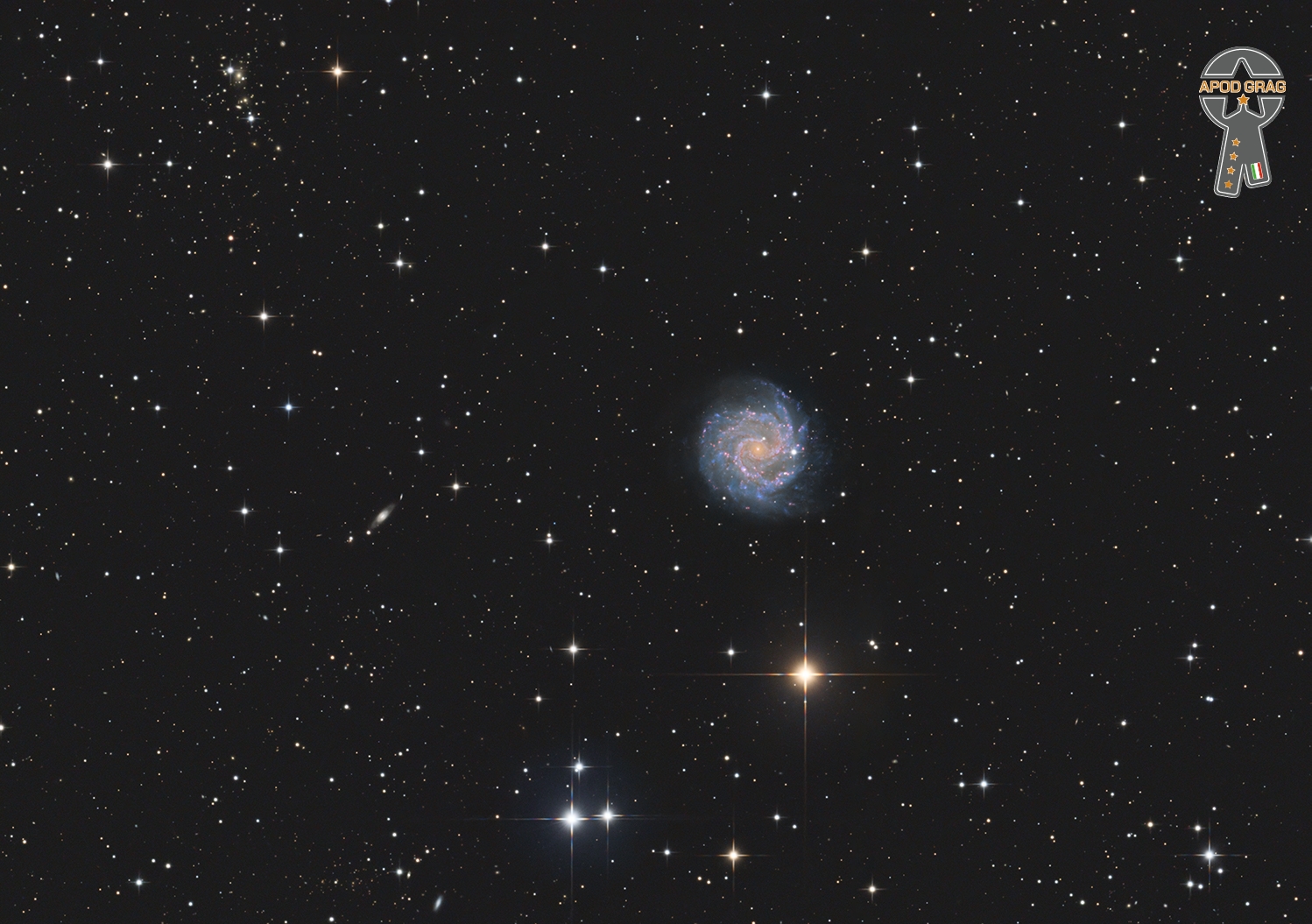
Lowell Fillmore “Sly” Dunbar (born 10 May 1952, Kingston, Jamaica) is a Jamaican drummer, best known as one half of the prolific Jamaican rhythm section and reggaeproduction duo Sly and Robbie.
Dunbar began playing at 15 in a band called The Yardbrooms. His first appearance on a recording was on the Dave and Ansell Collins album Double Barrel. Dunbar joined a band Ansell Collins called Skin, Flesh and Bones.
more...Donovan Phillips Leitch (born 10 May 1946), known mononymously as Donovan, is a Scottish musician, songwriter and record producer. He emerged from the British folkscene in early 1965 and subsequently scored multiple international hit singles and albums during the late 1960s. His work became emblematic of the flower power era with its blend of folk, pop, psychedelica and jazz stylings.
Donovan first achieved recognition with live performances on the pop TV series Ready Steady Go! in 1965. Having signed with Pye Records that year, he recorded singles and two albums in the folk vein for Hickory Records, scoring three UK hit singles: “Catch the Wind“, “Colours” and “Universal Soldier“, the last written by Buffy Sainte-Marie. He then signed to CBS/Epic in the US and became more successful internationally, beginning a long collaboration with British record producer Mickie Most. In September 1966, “Sunshine Superman” topped America’s Billboard Hot 100 chart for one week and went to No. 2 in Britain, followed by “Mellow Yellow” at US No. 2 in December 1966, then 1968’s “Hurdy Gurdy Man” in the top 5 in both countries and then “Atlantis“, which reached US No. 7 in May 1969. The compilation Donovan’s Greatest Hits was released in March 1969 and peaked at No. 4 on the Billboard 200.
Donovan became a friend of other prominent musicians such as Joan Baez, Brian Jones and the Beatles. He taught John Lennon a finger-picking guitar style in 1968 that Lennon employed in “Dear Prudence“, “Julia“, “Happiness Is a Warm Gun” and other songs. His backing musicians included the Jeff Beck Group and John Bonham, Jimmy Page and John Paul Jones, who later rose to fame as members of Led Zeppelin. Donovan’s commercial fortunes waned after parting with Most in 1969, and he left the industry for a time.
Donovan continued to perform and record intermittently in the 1970s and 1980s. His musical style and hippie image were scorned by critics, especially after the rise of punk rock. His performing and recording became sporadic until a revival in the 1990s with the emergence of Britain’s rave scene and in 1994, he moved permanently to Ireland where he still lives. In 1996 he recorded the album Sutras with producer Rick Rubin and in 2004 made the album Beat Cafe. Donovan was inducted into the Rock and Roll Hall of Fame in 2012 and the Songwriters Hall of Fame in 2014.
more...Jimmy Ponder (May 10, 1946 – September 16, 2013) was an American jazz guitarist.
He learned the guitar solo from “Daily Double” (Quaker Town), the first 45 rpm single released by Charles Earland. When Earland performed in Pittsburgh, he invited Ponder to sit-in with the band and liked what he heard. Earland promised Ponder he could become a member of the band after he finished high school. Six months after graduating, he was hired by Earland.[2]
He began playing with Earland at 17 and in the following years with Lou Donaldson, Houston Person, Donald Byrd, Stanley Turrentine, and Jimmy McGriff. He moved to Philadelphia and later New York City in the 1970s and recorded extensively as a leader. Since the late 1980s, he frequently returned to his hometown to perform with his trio of two other Pittsburgh musicians, Gene Ludwigand Roger Humphries. Ponder’s highest charting release was Somebody’s Child, which reached No. 3 on the JazzWeek airplay chart in 2007.
more...Melvin Sokoloff (May 10, 1929 – February 2, 1990), known professionally as Mel Lewis, was an American jazz drummer, session musician, professor, and author. He received fourteen Grammy Award nominations.
In 1966 in New York, he teamed up with Thad Jones to lead the Thad Jones/Mel Lewis Orchestra. The group started as informal jam sessions with the top studio and jazz musicians of the city, but eventually began performing regularly on Monday nights at the famed venue, the Village Vanguard. In 1979, the band won a Grammy for their album Live in Munich. Like all of the musicians in the band, it was only a sideline. In 1976, he released an album titled Mel Lewis and Friends that featured him leading a smaller sextet that allowed freedom and improvisation.
When Jones moved to Denmark in 1978, the band became known as Mel Lewis and the Jazz Orchestra. Lewis continued to lead the band, recording and performing every Monday night at the Village Vanguard until shortly before his death from cancer at age 60. The band still performs on most Monday nights at the club. Today, it is known as the Vanguard Jazz Orchestra and has released several CDs.
more...Nole Floyd “Nokie” Edwards (May 9, 1935 – March 12, 2018) was an American musician and member of the Rock and Roll Hall of Fame. He was primarily a guitarist, best known for his work with The Ventures, and was known in Japan as the ‘King of Guitars’. Edwards was also an actor, who appeared briefly on Deadwood, an AmericanWestern drama television series.
more...More Posts
- Daily Roots with Black Roots
- Music for Surviving the Pandemic
- The Cosmos with M8
- Alanis Morissette Day
- Ron Wood Day
- Herbie Lovelle Day
- Lafayette Leake Day
- World Music with Džambo Aguševi Orchestra
- Daily Roots with Bob Marley
- Music for Surviving the Pandemic
- The Cosmos with NGC 1499
- John Bonham Day
- Louis Hayes Day
- Albert “Tootie” Heath Day
- Red Holloway Day
- World Music with Daby Touré
- Daily Roots with Bob Marley
- Music for Surviving the Pandemic
- The Cosmos with NGC 7293
- Shake Keane Day

